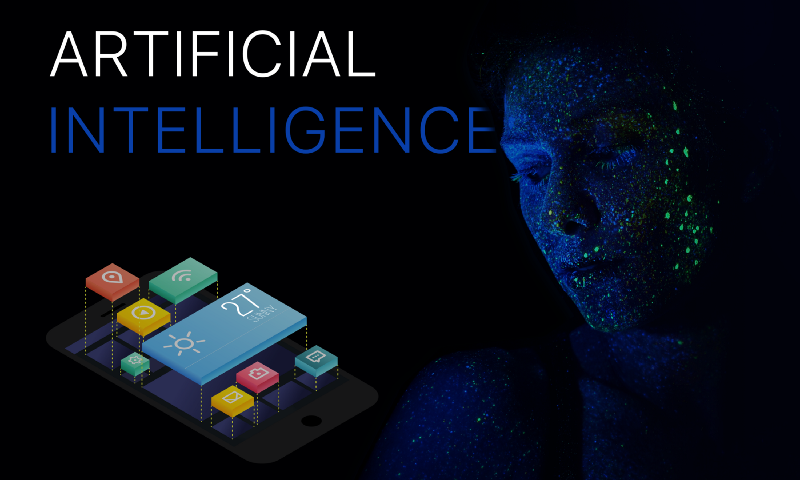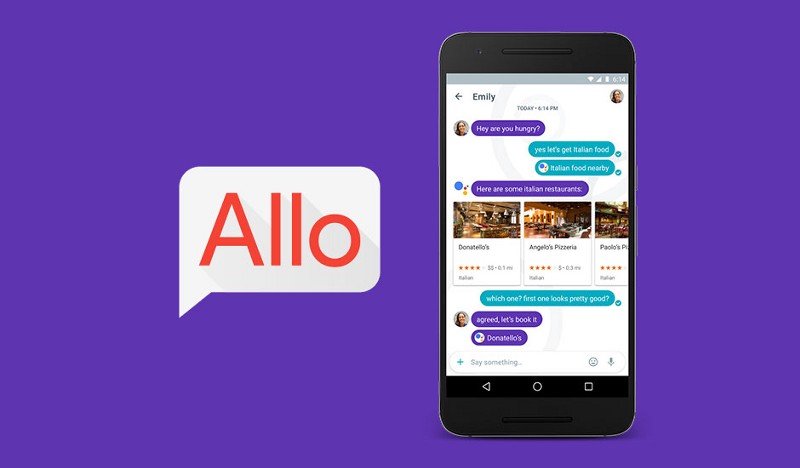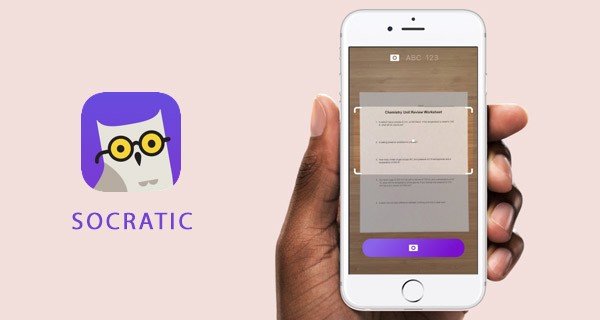
As we all know that AI(Artificial Intelligence) is one of the growing revolutionary technology in the business world as well as in science. Nowadays many IT companies are investing in AI. Big giants tech companies like Google and Baidu investing around $20 — $30 Billion on AI in 2016.
Table of Contents
Nowadays, it is very difficult for us to live without our smart phones. But how can we make our smartphones smarter? The answer is Artificial Intelligence.
Artificial Intelligence is basically a machine which has the ability to copy intelligent behaviour. Artificial Intelligence possibilities are endless, it is already present in our phones and we can find this with the help of Mobile, it can be embedded using chatbots or context aware sensors.
“ AI is an Umbrella term, encompassing capabilities such
as machine learning, natural language processing and knowledge management.”
When we are thinking about the smart applications or artificial intelligence (AI) Siri, Cortana, or Assistant probably come to our mind. Hundreds of linguists and software engineers dedicate countless hours to building these services into responsive personal assistants that can answer questions, track down information, send messages, launch services, and more.

It wasn’t long ago when both Google and Microsoft added neural networks to their translation apps. Spotify is challenging Apple Music app claiming to use AI-powered recommendations.
The expansion of Artificial Intelligence has allowed mobile users to completely reposition the value benchmark of existing user experience. Users are beginning to expect more in-depth and predictive mobile app performance.

Allo is an AI-centric messaging app developed by Google. It was launched on September 21, 2016, and is available for both Android and iOS. At first glance, you’ll feel that it is very similar to many other messaging apps out there. Be it sign up with the phone number, one-on-one or group chats, voice messages, themed stickers, or images with a doodle, it is pretty much what any messaging app offers.

Socratic is a free app available on iOS for Apple devices. It is a tutor app that can give answers to math homework problems and also explain how to solve it just by taking a picture of the problem. Not only math, it currently provides help in 23 different subjects, including Chemistry, Anatomy and Physiology, Physics, English grammar, Calculus, History, and Psychology.

The Roll is an app released by EyeEm, which is a German startup. It is an intelligent camera roll that helps in finding the best shots by the assigning scores. It uses image recognition technology which helps group the photos based on their content and highlights the best ones.

EasilyDo is an app which helps you manage calendar, contacts, and to-do lists. The tagline is “Easily Do: Your Smart Assistant. Never Miss Anything.” It tries to do some jobs that a real-life assistant would do by offering an artificial intelligence-based organisation. It directly connects to email accounts such as Gmail and Exchange and to many other services and apps such as LinkedIn, Evernote, and Facebook.
Companies are quickly pursuing AI technologies however, technology has only come so far and has just grazed the surface of its true potential. Artificial intelligence is described as the ability to gather all the information from the users. Then this information is retain as knowledge to be applied towards adaptive behaviours within a context. Users expect Artificial Intelligence interfaces to learn and many fall short of true AI and deep learning.
Growth of artificial intelligence is driving a whole new class of mobile application possibilities. Artificial Intelligence has been influential in the mobile application development for several years already, beginning with Apple’s Siri and it has potential to advance much more in the coming years. Nowadays, Machine learning has moved out of its infancy and users now want flexible algorithms for the seamless and intuitive experiences. The new availability and advancement of AI and machine learning is causing a revolutionary shift in the way that developers, businesses, and users think about intelligent interactions within mobile applications.
